Workplace Wellbeing
Investing in organisational wellbeing initiatives can have up to a 12:1 return on investment.

Workplace Wellbeing
According to the NZIER, poor mental wellbeing affects decision making and productivity for an average of 13 weeks. Happier, healthier employees are more productive and more profitable than their burned out, unsatisfied teammates.
Again, according to NZIER, investing in organisational wellbeing initiatives can have up to a 12:1 return on investment.
Workplace Wellbeing For Groups
Our Workplace Wellbeing program is a modular curriculum based on the Four Cornerstones of Wellbeing:
- Mental Wellbeing
- Communication Skills
- Bullying & Harrasment
- Physical Wellbeing
The Foundation Module is a standalone module, giving an overview of the Four Cornerstones. It is also an ideal tool for your organisation’s people leaders to attend and identify which teams and individuals would most benefit from attending the more concentrated Cornerstone Modules.
Each module will equip participants with an understanding of the impact on individuals and organisations when we overlook wellbeing in our workplaces.
Participants will leave with practical, achievable and effective strategies to promote wellbeing for themselves, their colleagues, and the organisation as a whole.
Module 1
Mental Wellbeing
Accepting our human condition
Module Outline
- Acknowledging and confronting the societal stigma surrounding mental health
- 5 Ways to Wellbeing
- Identifying and understanding emotions
- Building Resilience
- Suicide Prevention Strategies
On completion of this module, participants will be able to:
- understand emotions and how to influence them
- identify our own “Thinking Errors” and how to “think better”
- identify our own stress signature, and develop an individual stress management plan
- develop a personal self-care plan
This module is delivered in three 2-hour strands
Module 2
Communication Skills
How we communicate with each other at work and at home
Module Outline
- Active Listening
- Self-efficacy
- Trusted Person Concept
- Stop Word Concept
- 2 Day Rule
On completion of this module, participants will be able to:
- design terminology that works for their work team and family unit
- incorporate measures and tools to allow for better communication at work and at home
- listen better to themselves and the world around them
Module 3
Bullying & Harassment
Workplace beasts, and how to tame them
Module Outline
- Definition of bullying
- Types of bullying
- Reporting bullying
- Types of harassment
- Reporting harassment
On completion of this module, participants will be able to:
- understand what bullying is
- understand what bullying is not
- confront unhealthy organisational culture
- promote a zero-tolerance attitude towards workplace bullies
- help develop emotionally safe reporting procedures
Module 4
Physical Wellbeing
Healthy habits for body and mind
Module Outline
- Food and Nutrition
- Exercise
- Sleep
- Relaxation
On completion of this module, participants will be able to:
- understand basic nutrition concepts
- be able to develop a basic meal plan
- have tools to improve sleep quality
- understand the benefits of movement
- have exercise routines which need no equipment
- have tools to promote relaxed “me time” each day
Get your Training Proposal
Staff Wellbeing Improves the Bottom Line
If you are ignoring wellbeing, you are missing out on money!
New figures from the NZIER indicate that for every single dollar you spend on staff wellbeing, you will earn an average of $5 back on your investment within a year – money that is otherwise lost to poor productivity.
In fact, this return on investment can go as high as 12:1 – or $12 back for every dollar spent on wellbeing.
- Creating a wellbeing culture that supports the physical and mental health of your team goes a long way to reducing the costs and impacts of getting help for staff who need it
- It’s expensive to have unhappy, distracted employees.
- poor wellbeing negatively affects a person’s decision-making and productivity for an average of 13 weeks a year. (That’s three months!)
- Happier, healthier employees are more productive and profitable than their burned out, unhappy teammates. And this flows on to your business – healthy people, healthy bottom line.
- Improved focus and better decision-making leads to higher productivity during the workday.
- Feeling happy and like you belong can be a driver for upskilling and remaining part of the team.
